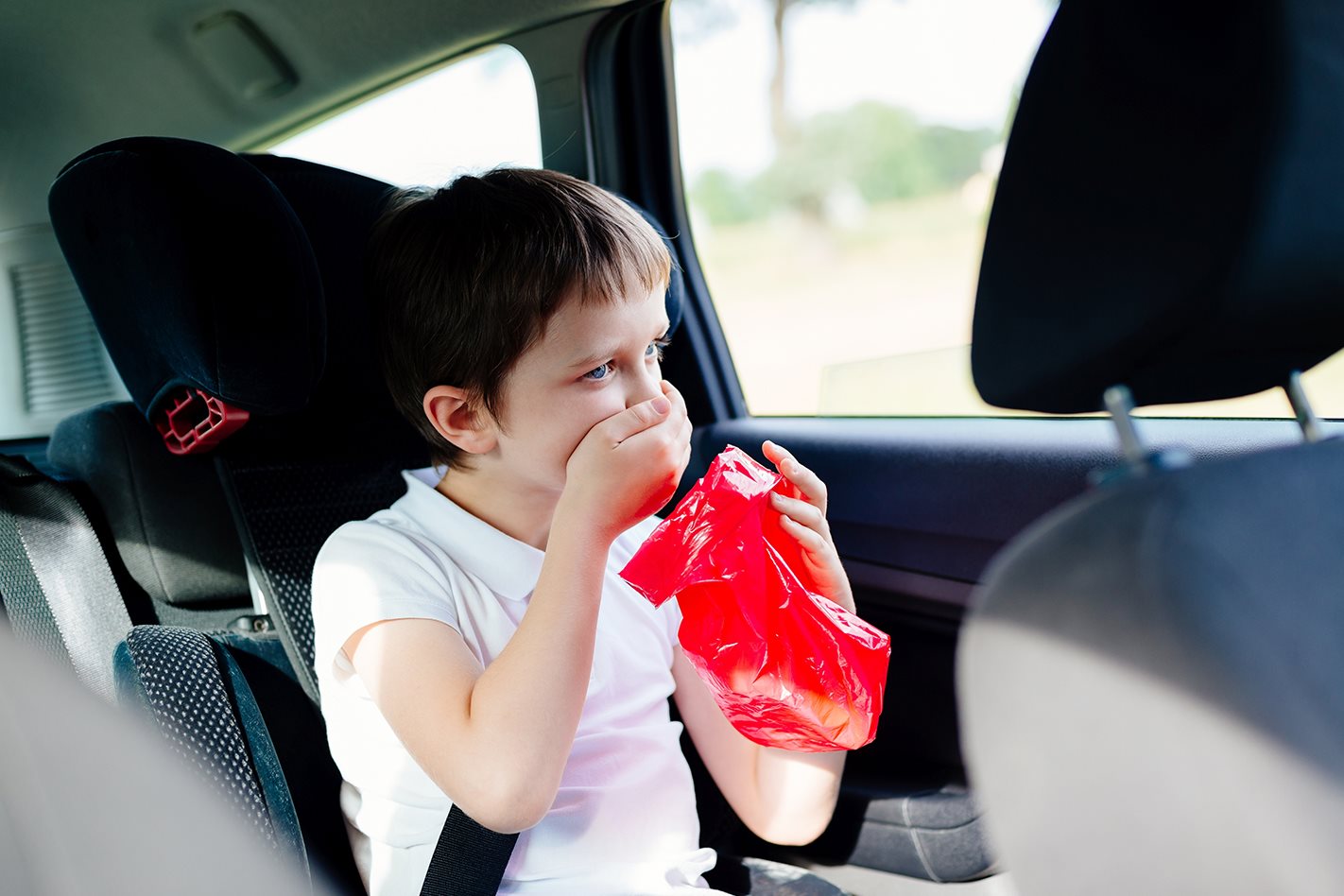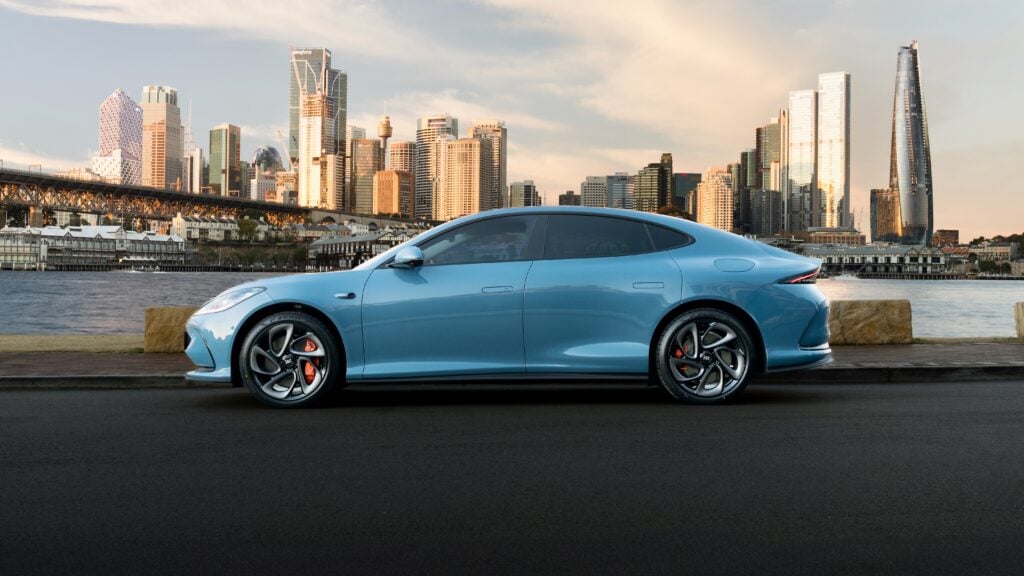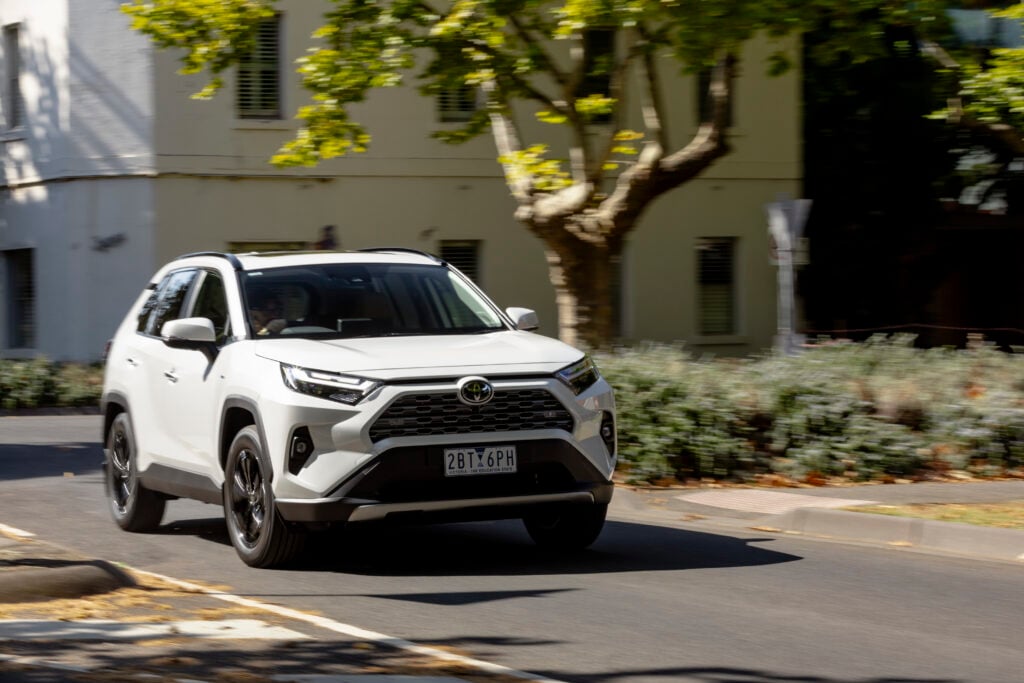
If you’ve never been car sick, you’re one of the lucky few. Kinetosis, or travel sickness, can happen to anyone, and usually occurs when the visual movement doesn’t match the sense of movement.
You can sense your body is travelling, but your eyes can’t see why. Or visually, everything around you is flashing past, but your body doesn’t feel the same way.
Whether you’ve experienced it at sea, in the air or on a road trip, the symptoms are the same: dizziness, fatigue, sweats, headache, or nausea. It’s never fun and no one wants to taste their breakfast a second time.
While everyone is susceptible to Kinetosis, there are some groups who are at higher risk than others. For example, women generally experience it more often than men, as do children over adults. Those who experience hormonal factors, like pregnancy, are at risk as are some who have other diseases or suffer migraines.
Interestingly, in a mind-over-matter scenario, people who have been motion sick previously can also convince themselves they’re sick again through anticipation.
But not all hope is lost. There are some things you can do to prevent feeling sick on your next road trip and keep that eggs benedict safely tucked away in your belly.
Prevention
- Look at an object that’s fixed to the earth. This is why they suggest you stare at the horizon or landmass while on a boat. If you’re in a car, then shotgun the front seat and look straight ahead – your inner ear will then register you’re moving in the same direction as the visual cues.
- Don’t read or look at your phone. In fact, don’t do anything that requires you to look at something inside the car.
- Drive or sit in a position where there is less movement. Driving puts the movement in your control.
- Sleep. Or at least, close your eyes. This doesn’t always work, but some swear by it as a way to trick your brain. It’ll also help you to relax; stress and anxiety causes your body to tense and you’re more likely to feel the effects.
- Motion sickness tablets can help. Medications can help calm the nerves and the sooth the inner ear, so take a dosage about 15 minutes before you start your journey and be aware that some can cause drowsiness (two birds, one stone).
- Try a wristband. Putting pressure on the P6 acupressure point, located on your wrist, is meant to relieve nausea and vomiting. Your local chemist should have wristbands specially made for this, or just simply press on the area with your thumb.
- Watch what you eat and drink. Avoid alcohol (honestly, you know what a hangover feels like, right?) and greasy, spicy or big meals are also a no-no.
- Keep yourself distracted. The more you think about being sick, the more likely you will convince yourself you are sick. Anticipation is your enemy here.
If you start to feel sick, try this …
Prevention really is the best method for avoiding the car-sickness. But if none of that has worked and you find yourself suddenly desperate to stop the car and get grounded, the following treatment might help.
- Crank the aircon. Cool air and good ventilation can help alleviate symptoms. Try turn the vents to your face to ensure you’re breathing in fresh, cool air.
- Drink lots of water. You should always keep hydrated on road trips to avoid sickness and drowsiness. It might make you stop a few extra times but that’ll help settle your senses anyway.
- Eating small, frequent meals of dry foods can often help settle the belly. Bread or dry crackers are handy snacks to have close by.
- Herbs can also be a massive help in these situations. Ginger is a commonly used remedy for nausea so, if it works for you, carry some ginger ale with you. Peppermint and black horehound can also help, as can apple cider vinegar if you can stomach it. Check with your doctor before using these, however, as they can react with some medications.



